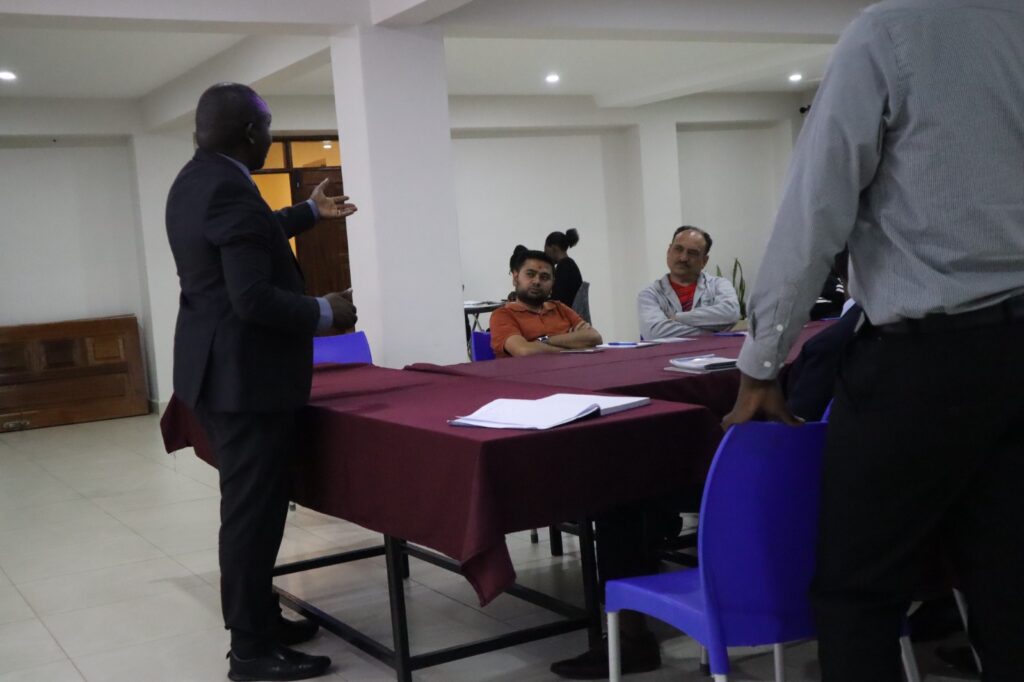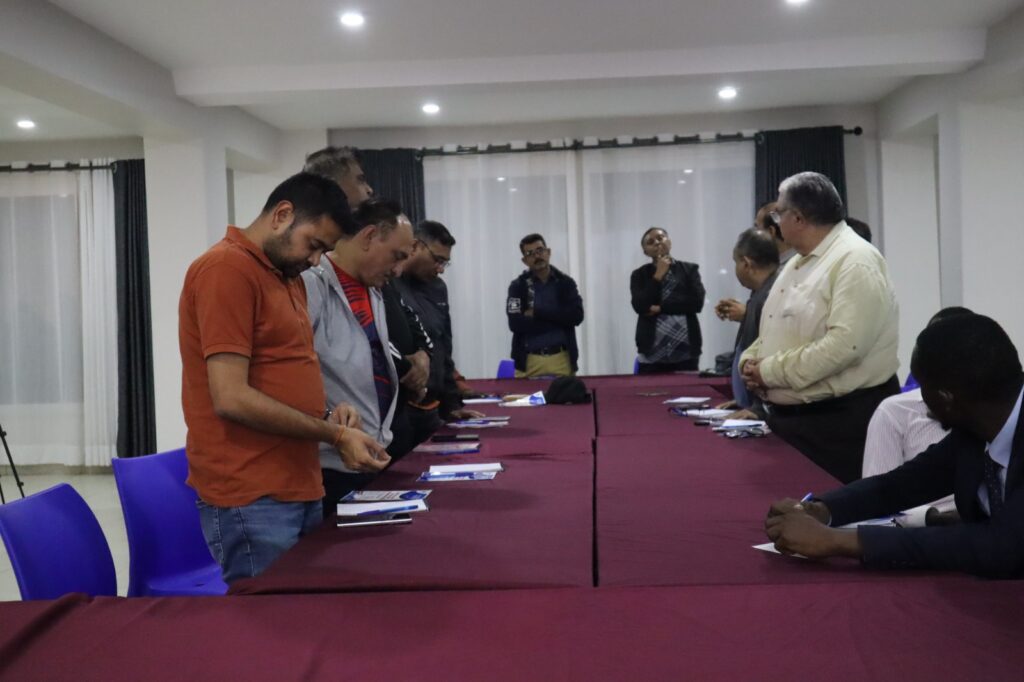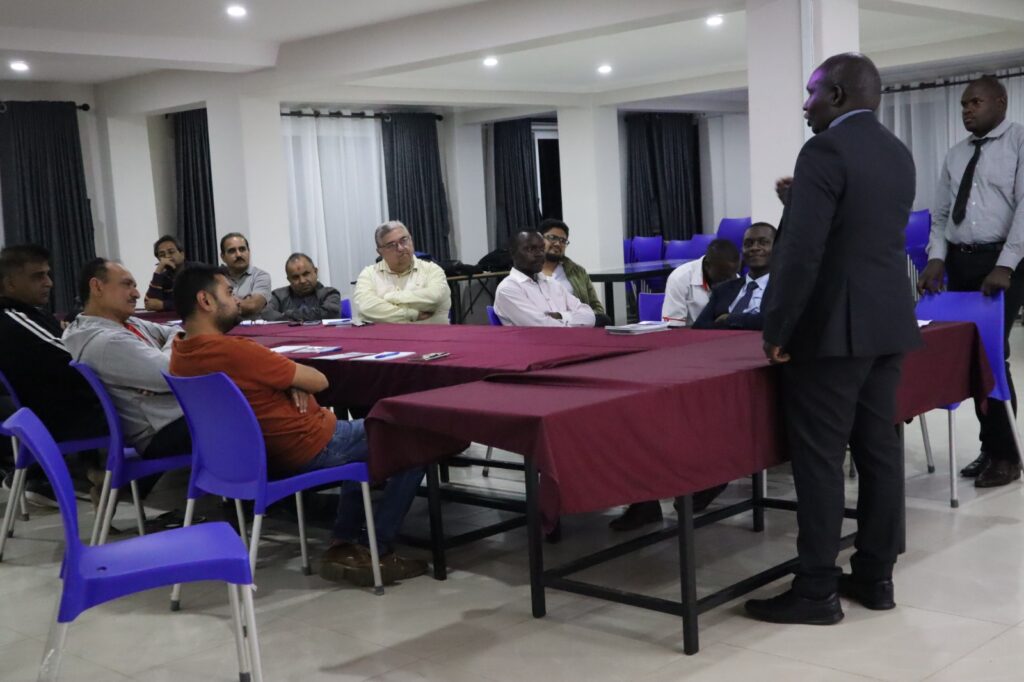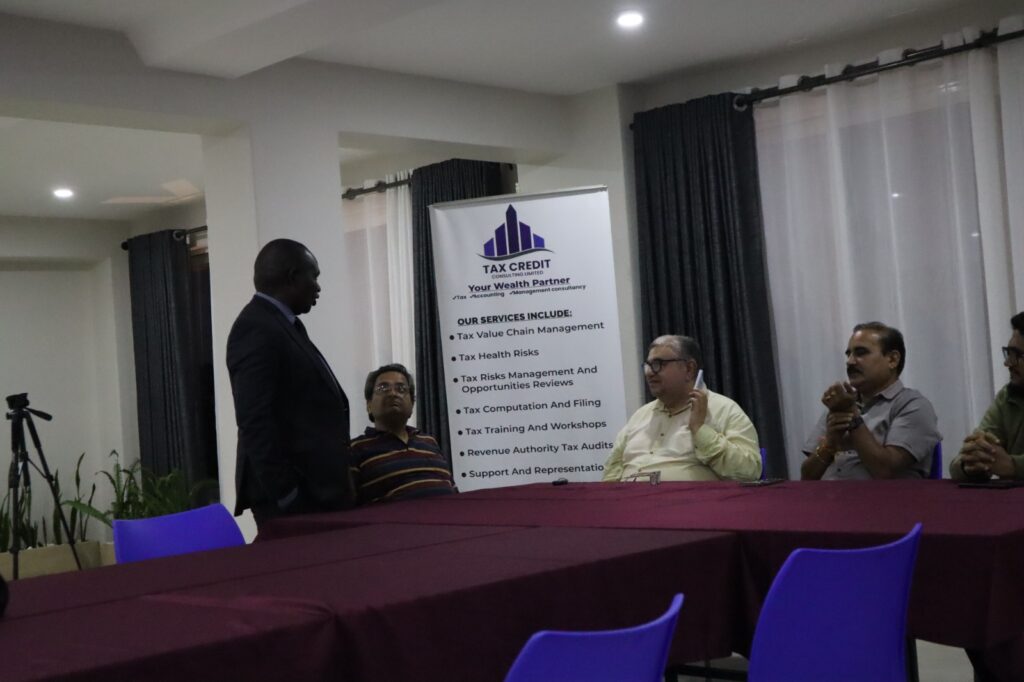Kenyan startups in peril after billions of shillings in funding
Source: Business Daily
No fewer than eight Kenyan-born tech start-ups have closed in the last two years, and a ninth appears distressed despite having raised close to Sh35 billion in total investor funding, dampening hopes of the country achieving its Silicon Savannah dream.
An analysis has established that the eight startups collapsed after absorbing a combined total of Sh11.2 billion (in current exchange rates) while agri-tech firm Twiga Foods, which has taken up Sh23.4 billion in venture capital, is presently sending disturbing signals.
Twiga Foods stated last month that it would lay off a third of its workers as part of an effort to cut operational costs by up to 40%, with CEO Peter Njonjo blaming the market for a funding shortage.

The decision was made despite the fact that the company has raised a total of $160 million (Sh23.4 billion) since its founding in 2013.
Whereas most startups blame their problems on a lack of capital, accessible data and interviews with founders suggest that other variables, such as the sustainability of their business models, may be at work in a trend of firms that is slowing the country’s Silicon Savannah dream.
During a side event at the US-Africa Summit in December last year, President William Ruto tried to highlight Kenya’s aim to become Africa’s ICT powerhouse, asking US tech firms to follow the burgeoning investment potential in our country’s Silicon Savannah.
“Our aspiration to uplift millions of livelihoods through technology and innovation now has new impetus,” he said.
Sendy logistic startup, the most recent company to fail, raised the second largest sum of money among the failed companies, totaling $26.5 million (Sh3.9 billion) by October of last year.
In the same month, the company shut down its retail and supplier platform, Sendy Supply, and laid off 20% of its employees.
Sendy’s difficulties were preceded by those of engineering technology firm Gearbox, which lay off three-quarters of its permanent workforce, gave up half of its operating space, and moved to a low-cost business model due to a lack of funding prospects.
According to Crunchbase records, e-commerce portal Zumi, which dealt in non-food items, announced its closure earlier this year, citing a lack of cash after raising a total of $1 million (Sh146.1 million) since its establishment in 2016.
Selected startups and funds raised
| firm amount ($millions) amount in ksh billions |
|---|
| Twiga | 157.1 | 23.0 |
|---|---|---|
| Wefarm | 32 | 4.7 |
| Sendy | 26.5 | 3.9 |
| Sky-Garden | 6.9 | 1.0 |
| BRCK | 4.2 | 0.6 |
| Zumi | 1 | 0.1 |
| Kune | 1 | 0.1 |
Twiga raised $157.1m (over Sh20 billion).
Source: Crunchbase
SkyGarden, supply-chain enabler Notify Logistics, food-tech startup Kune, Internet supply provider BRCK, and agri-tech start-up WeFarm, which maintained an e-shop carrying agricultural items, were among those wiped out by the tsunami.
Data suggest that all of the organizations studied received significant money before failing, with SkyGarden receiving $6.9 million (Sh1 billion), Notify receiving Sh45 million, Kune receiving $1 million (Sh146.1 million), and BRCK receiving $4.2 million (Sh613.6 million). WeFarm raised the most money, totaling $32 million (Sh4.7 billion).

In a previous interview with the Business Daily, Mr Njonjo sought to dispel suspicions that Twiga Foods was experiencing difficulties, stating that the company expects to be on solid ground within a year of implementing the cost-cutting approach.





























